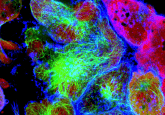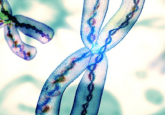Creating chemotherapeutic-resistant breast cancer cell lines: advances and future perspectives

Breast cancer continues to be of critical clinical significance. Even after years of successful advancements in therapeutic options, it remains the second leading cause of cancer-related death in women. An estimated 40,000 women are expected to succumb to advanced, metastatic disease within the next calendar year [1]. Although the rates of breast cancer-related deaths have been declining, the high incidence of both tumor recurrence and metastasis make finding new and creative treatment methodologies essential to combating this complex, heterogeneous disease more effectively.
Current therapeutic options for breast cancer consist of the application of three therapeutic branches involving surgery, radiotherapy and/or chemo/targeted therapy with chemotherapy serving as the best option in cases of advanced, metastatic disease [1,2]. The complication that arises from treating any cancer with chemotherapeutic compounds is the development of resistance. Studies demonstrate that a significant proportion of patients will be inherently resistant to first-line chemotherapeutic agents or develop resistance during treatment and thus exhibit disease progression within the first year of diagnosis [3]. Resistance in this regard is the dominant factor in cancer progression and cancer-related death as it significantly hinders therapeutic intervention.
Click here to view the full article in Future Oncology.




